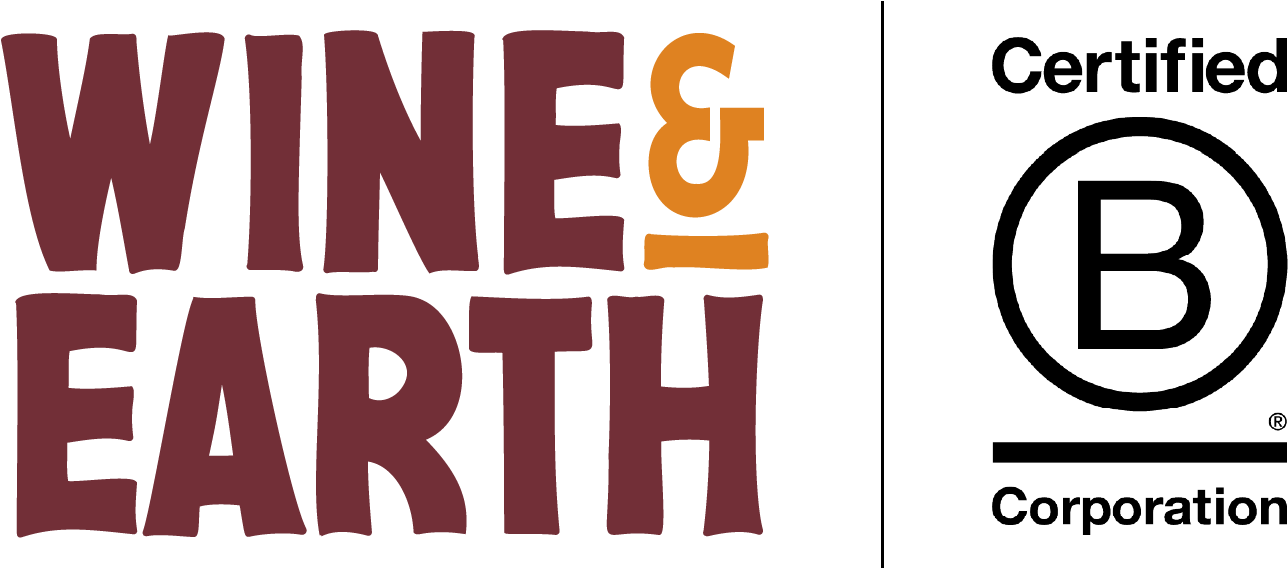We are one of the only B-Corp certified wine merchants in the UK. We specialise in finding and curating high quality ethical wines which won't leave a hangover for the planet.
B-Corp certification recognises companies committed to meeting the highest standards of social and environmental performance, accountability, and transparency. Being a B-Corp means we prioritise more than just making a profit; we are committed to making a positive difference in the world. This certification reinforces our mission to provide high-quality, sustainable wines made by producers who are responsible stewards of the environment and active contributors to social good.
All the vineyards in our collective use sustainable farming practices, many of our featured wines are organic and naturally low in sulphites, and we ensure that our bottles are delivered to you with net zero carbon impact through the entire supply chain. Better for you, better for the planet.
Read on to learn more about Wine&Earth's approach to sustainability.
Although the English wine scene is going through a great period of growth, and we certainly encourage people to enjoy them, to enjoy the breadth of the wine experience we know that people want to be able to choose wines from around the world. So we ran some analysis of wine miles and their impact. We were surprised by reaching a somewhat counterintuitive conclusion. From a life-cycle assessment approach, wine transport does have an impact, but freighting by sea is not as impactful as you might expect.
We calculate the greenhouse gas impacts of all of the wines we import and distribute, and we off-set the unavoidable and residual carbon impacts through certified Gold Standard Carbon Offset schemes in the UK and worldwide.
A review of 26 studies by Rugani et al showed that transport is ~12% of a bottle of wine’s overall greenhouse gas emissions (from cradle to grave), at 250g CO2e. For our New Zealand wines, the sea freight for the near 25,000 kms to the UK is 350g per bottle. This accounts therefore for an uplift of between 4% and (at an absolute maximum 14%) on the overall bottle of wine, compared to average. Organic wines in Rugani’s study accounted for a 15% DECREASE in overall greenhouse gas impacts compared to traditional wines.
So, shipping an organic New Zealand wine to the UK is still better than having a locally produced conventional wine, on average.











